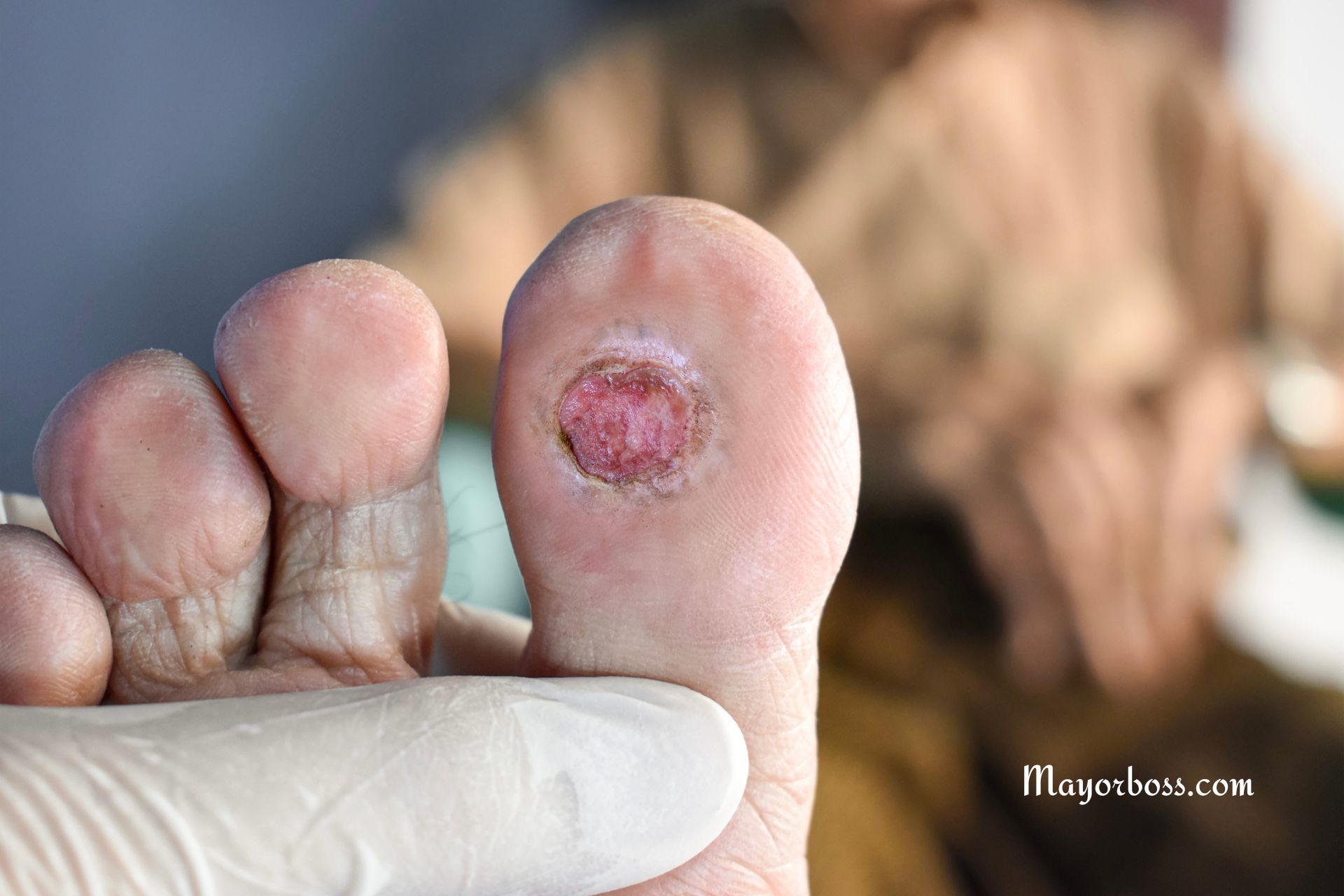Best Creams for Scars After Surgery
Surgery often leaves us with improvements in our health and appearance. However, scars can sometimes be a lingering reminder of our procedures. While it’s true that we can’t always completely erase scars, there are treatments that help them fade faster and minimize their appearance. Effective scar creams are an excellent place to start when seeking the best ways to manage your postsurgical scars.

Understanding Scar Formation
First, it’s essential to understand how scars form. When the skin is injured, as in the case of surgery, your body initiates a complex healing process. This involves the following stages:
- Inflammation: Initially, there’s bleeding and inflammation as the body attempts to clean the wound and prevent infection.
- Proliferation: Special cells called fibroblasts rush to the area, depositing collagen to rebuild the skin and close the wound. This often results in some initial raised texture to the area.
- Remodeling: Over time, the body works to reorganize and strengthen the new tissue, reducing discoloration and flattening the scar. However, sometimes, an overproduction of collagen can lead to more noticeable or uncomfortable scars.
The right scar creams often help minimize the appearance of scars by supporting this natural healing process.
Types of Scars
Scars can vary considerably. Identifying your scar type can guide you to the most suitable cream options:
- Keloid Scars: These are thick, raised scars that extend beyond the borders of the original wound. While more common in darker skin tones, anyone can develop a keloid scar.
- Hypertrophic Scars: These are red or pink, raised scars that stay within the boundary of the incision. Often, hypertrophic scars fade and flatten over time with self-care practices.
- Contracture Scars: These are caused by tightened and restricted skin areas, usually occurring after severe burns. Such scars can sometimes impact the ability to move a certain part of the body.
- Atrophic Scars: These scars are pitted and below the skin surface, most commonly associated with acne and chickenpox.
Effective Ingredients in Scar Creams
When choosing the best scar creams, the ingredients are key. Look for the following:
- Silicone: This gold-standard ingredient has been extensively studied for its scar-reducing abilities. It creates a barrier over the scar, increasing hydration, inhibiting collagen overproduction, and softening and flattening the scar. Medical-grade silicone often comes in sheet or gel forms.
- Allantoin: Derived from the comfrey plant, allantoin has both soothing and hydrating properties. It can speed healing and prevent irritation in new scars.
- Onion Extract (Cepalin): This natural extract offers mild anti-inflammatory and scar-softening effects. It may help improve the texture and discoloration of scars.
- Vitamin C: A brightening antioxidant that can aid in minimizing hyperpigmentation in scars (where a noticeable change in skin color remains).
- SPF: It’s vital to remember that fresh scars are particularly vulnerable to sun damage, which can intensify discoloration. Choosing creams with a built-in SPF (preferably SPF 30 or higher) protects the healing area.
Choosing the Right Scar Cream
When faced with multiple choices, these factors will help you narrow down your search for the best creams:
- Age of the scar: Newly healed scars will benefit most from ingredients that promote hydration, reduce collagen production, and protect from sun damage. Older scars require creams that encourage cell renewal and stimulate deeper layers of the skin.
- Scar type: Silicone can be beneficial for many types of scars. Hypertrophic or keloid scars may require more targeted and intensive therapies, sometimes prescribed by your doctor or dermatologist. These specialized treatments can potentially include additional medications or even procedures.
- Skin sensitivity: Certain ingredients like acids or botanical extracts can occasionally cause irritation, particularly if your skin is prone to reaction. Always perform a patch test before applying a new cream to a larger area.
Popular and Well-Recognized Scar Cream Options
While individual scars necessitate careful evaluation for ideal product pairing (ideally in collaboration with a skin health professional), a selected list of scar creams may help narrow down your choices. Below are several highly commended post-operative scar-care offerings:
- Mederma Advanced Scar Gel: An established name in scar care. Its composition includes an extract sourced from onions while providing allantoin-driven benefits in reducing scar visibility. Application typically begins after wound closure in line with manufacturer guidelines.
- ScarAway Silicone Scar Sheets: Silicone in convenient pre-cut sheet form. Designed to facilitate optimal contact with scar tissue, promoting hydration to assist in managing overall scar progression. ScarAway offers specific sheet dimensions catering to both large and small-sized scars.
- Strataderm Professional Scar Therapy Gel: A silicone-based formulation emphasizing skin protection. Recommended for a broad spectrum of scar types. Its design ensures rapid drying and the creation of a thin protective layer while facilitating sustained silicone and skin contact.
How to Apply Scar Creams
- Clean and dry: Before applying the cream, gently cleanse the area with a mild soap and thoroughly dry it.
- Apply as directed: Follow the product’s instructions regarding quantity and frequency of application.
- Massage gently: Massage the cream into the scar for a few minutes. This helps increase blood flow and absorption.
- Regular use: Consistent cream use is critical for the best results.
Frequently Asked Questions
1. How soon can I apply scar cream after surgery? Your surgeon will typically guide you through this process. In many cases, it’s crucial to wait until your incision is fully closed and healed before applying a scar cream. This will usually be about 1-2 weeks following your surgery.
2. How long does it take for a scar cream to work? While you may see initial improvements within a few weeks, significant scar reduction can take several months of consistent use.
3. Are scar creams safe to use on all skin types? Most scar creams are safe but do an allergy patch test beforehand, especially if you have sensitive skin. Always check the ingredients list for any potential allergens before use.






